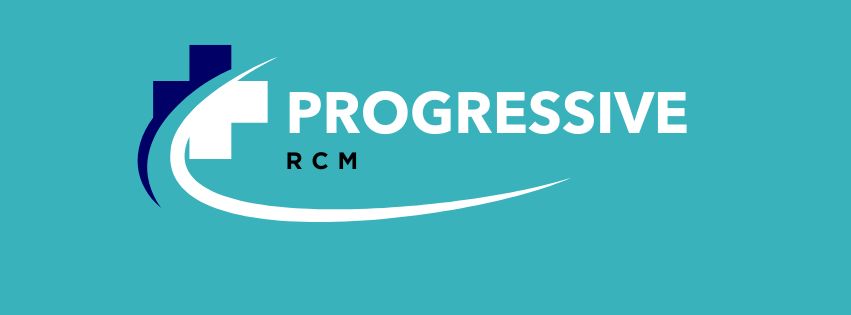Disability is not a limitation of ability, but a challenge of accessibility, inclusion, and opportunity. Around 1.3 billion people globally live with some form of disability, making up approximately 16% of the world’s population. Yet, despite being one of the largest minority groups, people with disabilities continue to face discrimination, inadequate services, and limited opportunities.
Whether the disability is physical, sensory, cognitive, intellectual, or mental health-related, individuals deserve the same respect, support, and access to opportunities as anyone else. The focus must shift from sympathy to empowerment and equality.
Who Is Considered Disabled?
A person is considered disabled when they have a long-term physical or mental impairment that substantially limits one or more major life activities. Disabilities may be:
-
Physical (e.g., spinal cord injuries, amputation, muscular dystrophy)
-
Sensory (e.g., vision or hearing loss)
-
Intellectual or developmental (e.g., Down syndrome, autism)
-
Psychiatric or mental health-related (e.g., depression, schizophrenia)
-
Chronic illness-related (e.g., multiple sclerosis, epilepsy)
Disability can be congenital (from birth) or acquired due to injury, illness, or aging.
Challenges Faced by Disabled Individuals
Despite legal advancements and global awareness, many people with disabilities still struggle with everyday challenges, including:
1. Lack of Accessibility
Many public spaces, workplaces, and transportation systems lack proper ramps, elevators, accessible toilets, or visual/audio cues, making mobility and independence difficult.
2. Employment Discrimination
Disabled individuals are often overlooked for jobs, underpaid, or offered roles that don’t reflect their education or skills. Many employers fear additional costs or accommodations.
3. Educational Barriers
Children and youth with disabilities are often excluded from mainstream education due to lack of trained teachers, inclusive materials, and supportive infrastructure.
4. Healthcare Inaccessibility
Medical facilities may lack accessible equipment, sign language interpreters, or specialized care, leaving disabled people underserved and at greater risk.
5. Social Stigma and Isolation
Many still view disability through a lens of pity or fear. This leads to social exclusion, affecting mental health, relationships, and self-esteem.
Legal Rights of Disabled People
Many countries have laws in place to protect and empower disabled individuals. Some of the key legal frameworks include:
✅ The Americans with Disabilities Act (ADA) – USA
A civil rights law that prohibits discrimination against individuals with disabilities in employment, transportation, public accommodations, and communication.
✅ The Disability Discrimination Act (DDA) – UK
Protects disabled individuals from unfair treatment and promotes equal opportunities in education, employment, and housing.
✅ UN Convention on the Rights of Persons with Disabilities (CRPD)
Adopted by over 180 countries, this treaty promotes accessibility, equality, inclusion, and respect for dignity.
✅ The Rights of Persons with Disabilities Act – India
Covers rights related to education, health, employment, legal capacity, and accessibility.
Despite these frameworks, implementation gaps often remain, highlighting the need for stronger enforcement and public accountability.
Empowering the Disabled: Steps Toward Inclusion
Empowerment comes from providing the right resources, opportunities, and respect. Here’s how society can better support people with disabilities:
1. Inclusive Education
Children with disabilities should have access to mainstream schools with proper accommodations such as assistive technology, special education support, and trained teachers.
2. Accessible Infrastructure
Governments and businesses must invest in barrier-free buildings, transportation, websites, and communications for all.
3. Vocational Training & Job Placement
Tailored job readiness programs, work-from-home opportunities, and incentives for inclusive hiring can reduce unemployment among the disabled.
4. Assistive Technology
From screen readers and voice-controlled devices to powered wheelchairs and prosthetics, technology plays a vital role in enhancing independence.
5. Inclusive Healthcare
Healthcare systems must be trained to understand disability-specific needs, provide interpreters, and offer affordable access to therapy and rehabilitation.
6. Legal Aid & Advocacy
Disabled individuals should be empowered to know and defend their rights, and governments must ensure legal aid services are accessible to them.
Role of Society in Changing the Narrative
Everyone has a role to play in creating an inclusive society:
-
Employers should actively recruit and support disabled talent.
-
Media must showcase positive, empowering stories of disabled individuals.
-
Schools and universities should celebrate diversity, not just accommodate it.
-
Communities need to be educated on disability etiquette, inclusion, and accessibility.
Language matters too. Terms like “handicapped” or “crippled” are outdated and disrespectful. Use person-first language (e.g., “a person with a disability”) that acknowledges humanity first.
Inspiring Stories of Empowerment
-
Stephen Hawking, despite ALS, became one of the most influential physicists of all time.
-
Helen Keller, born blind and deaf, became a world-renowned writer and activist.
-
Muniba Mazari, a Pakistani wheelchair-bound artist and motivational speaker, continues to inspire millions.
These individuals prove that with the right support, disability is not a limitation — it’s a unique journey of strength and resilience.
SEO Keywords Used:
-
disabled rights
-
empowerment of disabled individuals
-
challenges faced by people with disabilities
-
accessibility and inclusion
-
disability advocacy
-
legal rights of disabled
-
assistive technology for disabilities
-
inclusive education
-
employment for disabled persons
-
support for people with disabilities
Final Thoughts
Being disabled does not mean being incapable. What limits most individuals with disabilities is not their physical or mental condition — but societal barriers, stigma, and lack of opportunities.
With compassion, legal action, accessible infrastructure, and equal opportunity, we can build a society where everyone — regardless of ability — can thrive.




